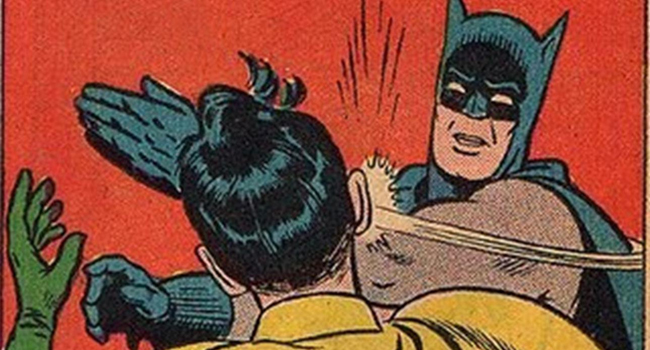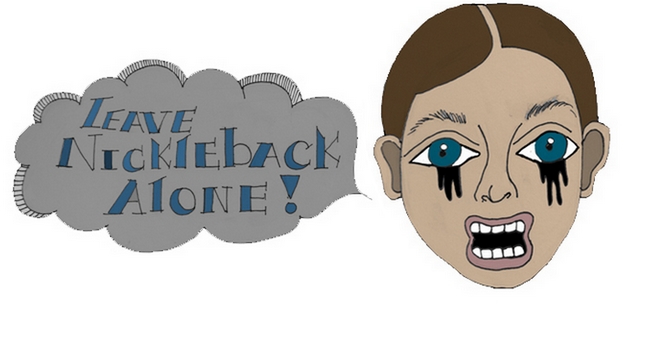A lot has been made of radius clauses in recent months, especially after Vocalo.com blogger and music critic Jim DeRogatis broke the story of Illinois Attorney General Lisa Madigan investigating C3 Presents, the Lollapalooza promoter for allegedly violating anti-trust laws with their extensive radius clause.
While these clauses have been a topic of discussion only in recent months, their impact has been felt for years—not just in Chicago, but across the country.
In layman’s terms, a radius clause is a section of a contract that artists must sign before they can perform a concert. This is done to assure the promoter that the artist will yield the most revenue possible, making certain the artist will only play at one venue in an area during a certain period of time. The promoter will stipulate in the clause which dates an artist cannot perform within a specific mile radius of said venue.
Lollapalooza’s, for example, states artists may not perform within 300 miles of Chicago for six months before or three months after the festival.
These contract restrictions are not only creating an unnecessary sense of competition, but they are turning the bands themselves into pieces of property. But as disgusting as the idea of radius clauses is, the blame cannot be placed solely upon the festival promoters.
Money talks—it’s a universal truth. As much as people deify their favorite musicians, getting paid is always a factor. The artists are human. Like any human, they want to get paid for their services.
Fans like certain bands because they connect with them, because they feel like the songs they’ve fallen in love with are about them. Die-hard fans feel like the song is about them, like they know the artist personally. So when the artist does something out of line with what the fans have built them up to do, shit hits the fan. How dare they try to make more money and garner more attention! The nerve …
These bands have every right to make more money if it’s presented to them. Their fans, though, will inevitably revolt at the realization that the gap between them and their heroes is widening faster and faster. The big festivals—Lollapalooza, Bonnaroo, Coachella, etc.—draw the most people and will pay the higher profile bands more than a local 2,000 person capacity club.
There is a legitimate argument that bands that play these mega-concerts are feeding into the promoters’ goals. The musicians are failing to realize how crucial they are to the equation.
They have the drawing power, not the promoter. They’re the reason people camp outside for hours. It’s time they grow some balls and make clear who—pun intended—is running the show.
Often, the most obvious answer is the correct one.
How can radius clauses be defeated? Bands have to stop signing the contract.
Obviously it’s easier said than done. For all a band can tell, that one show they play at a festival could be the one that propels them to the next level. It’s a temptress.
Promoters are holding fame for ransom. All they want in return is the band’s loyalty, and, in effect, their fans’ as well.
Artists have a choice, but unfortunately they make the choice for their fans. Either have the “rock star lifestyle” and play a mega festival, thereby fucking over the true fans who’d rather not see the show in that kind of suspect environment, or play the small clubs, not make as much money, and keep your fan base loyal—yet smaller than it could be.
It’s easy for any self-righteous hipster-jerkoff to say “There’s no way would I sign it, I’m no sellout.” But when someone offers more money to do less work, be seen by thousands people and garner national attention, who’s to say? Everyone has their price, and the promoters for the big festivals know it.
It’s the perfect crime; Vilify the deified and no one can get angry.



